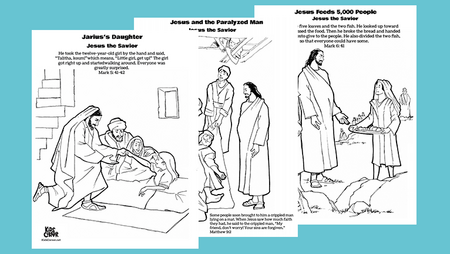
Our Words and Our Kids
Bible Verse
5 Our tongues are small too, and yet they brag about big things. It takes only a spark to start a forest fire! 6 The tongue is like a spark. It is an evil power that dirties the rest of the body and sets a person's entire life on fire with flames that come from hell itself. James 3:5-6
Have you seen the insurance commercial about people turning into their parents? At an airport, a guide steers people from sounding like their parents when they comment on people running to their gate or point out their houses during takeoff. Have you ever caught yourself repeating a pet phrase your father or mother frequently used? When you think about your words and the tone and inflection of your voice—who do you sound like? Do you hear yourself in your children sometimes?
We hope and pray that our kids will pick up our good verbal habits and not our bad ones, the ones we’re still working on. How can we help our kids think about the words they say?
Watch your own words. If we’re going to help our kids with their words, we need to be intentional about how we use our own as well (Matthew 7:3-5). This modeling includes not only the words we say, but our body language and active listening posture as well: no deep sighs after a question, and no eye-rolls, scrolling, or texting while talking about their day.
Get help with your words. Many times, our intentions are good but our words, tone, and body language say something different and maybe hurtful. We can ask our spouse, close friends, or children what they hear and see when we speak. Their answers may surprise us! Encourage your children to reflect on their own words and to allow you to help them learn healthy habits of expression.
Apologize for your words. Taking responsibility for our words is a skill developed over a lifetime. When your words or tone have hurt someone, ask for forgiveness (James 5:16). Give your children a safe place to admit their own struggles to say the right words.
Learn new words. Buy a word-a-day calendar and try to see how many times your family can include the word of the day in your conversations that day. Choose new words that bring to mind “whatever is true, pure, right, holy, friendly, proper, worthwhile, and worthy of praise” (Philippians 4:8). Adding to your vocabulary can be a fun way to make your words worthwhile and worthy of praise.
We speak an average of about 7,000 words a day. That is a lot of words! It might seem impossible to make sure each of those words reflects God well. God tells us to listen to the words of Christ (Mark 9:7) and treasure them (Colossians 3:16). Jesus promised his disciples that when they needed them, God would give them the words to say (Luke 12:11-12). We have this same comfort today as the Holy Spirit continues to work in our lives and words.
Want to do a deep dive? Check out Family Fire's article Why Our Words Matter.



